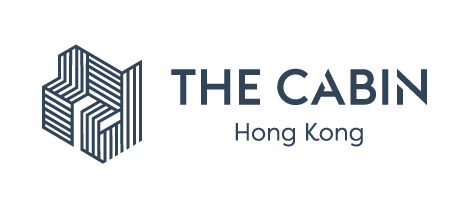Are you in a management position? Do you think that one of your employees might have an addiction problem? Find out what to do about it here.

What can employers do when their employees have a substance or alcohol addiction? Addiction does not only affect personal life. It affects every aspect of a person’s functioning, including work. Indeed, most addicts are gainfully employed, so understanding how to respond to addiction in the workplace is essential for managers and coworkers. And for those who are suffering from addiction, understanding how others may respond to you at work can be an aid to your recovery process.
Here is a roundup of tips for those in management positions when faced with an employee who has an addiction, based on a post at Mental Health Works:
1. Your role is not to give diagnosis or to provide counseling for your employee, and in fact it is unethical for you to do so if you are in a managerial relationship with your employee.
2. In your discussions of work, stay focused on performance objectives and do not open discussions of character or personality. Focus on their behavior and performance in their work role.
3. Listening is different from counseling, and listening is an essential skill for maintaining a positive relationship. However, steer clear from offering advice about their personal life.
4. You yourself may need support when managing employees with addiction or other personal issues. Be sure to seek confidential and appropriate support for yourself.
5. You are not expected to solve your employee’s addiction or other personal problems yourself, but you can direct them to appropriate resources.
6. Having a list of resources available, both within and outside of your organization, can help employees make any decisions about where to seek assistance.
Despite their addiction – many employees are still high-functioning and valuable contributors to their workplace and more and more organisations are realising this and find it more cost effective to rehabilitate than to dismiss and hire a replacement. Many companies hire an EAP or Employee Assistance Programs to deal with such issues as sourcing suitable addiction treatment options.
In addition to these tips, you can also make organizational practices that support healthy responses to addiction:
1. Have clear, written policies about alcohol and substance use in the workplace.
2. Objectively document any behaviors in the workplace, including substance and alcohol abuse.
3. Discuss any issues related to alcohol and substance use in connection to work performance with employees.
4. For employees whose workplace performance is affect by addiction, develop a written set of expectations in conjunction with the employee.
5. In the case of continued infractions which affect workplace performance, consider seeking legal advice.
6. Be mindful of work functions at which alcohol is present, and seek to provide functions which are alcohol-free.
These recommendations are designed to help employees and managerial staff. The important thing is for employers to realise that addictions can be overcome and valuable employees can be restored to their full health and potential. It is up to the employer to put in place measures that will most benefit the organisation.
The Cabin Chiang Mai provides world-class, residential treatment for addiction. If you are concerned about addiction, please contact one of our specialists today.


